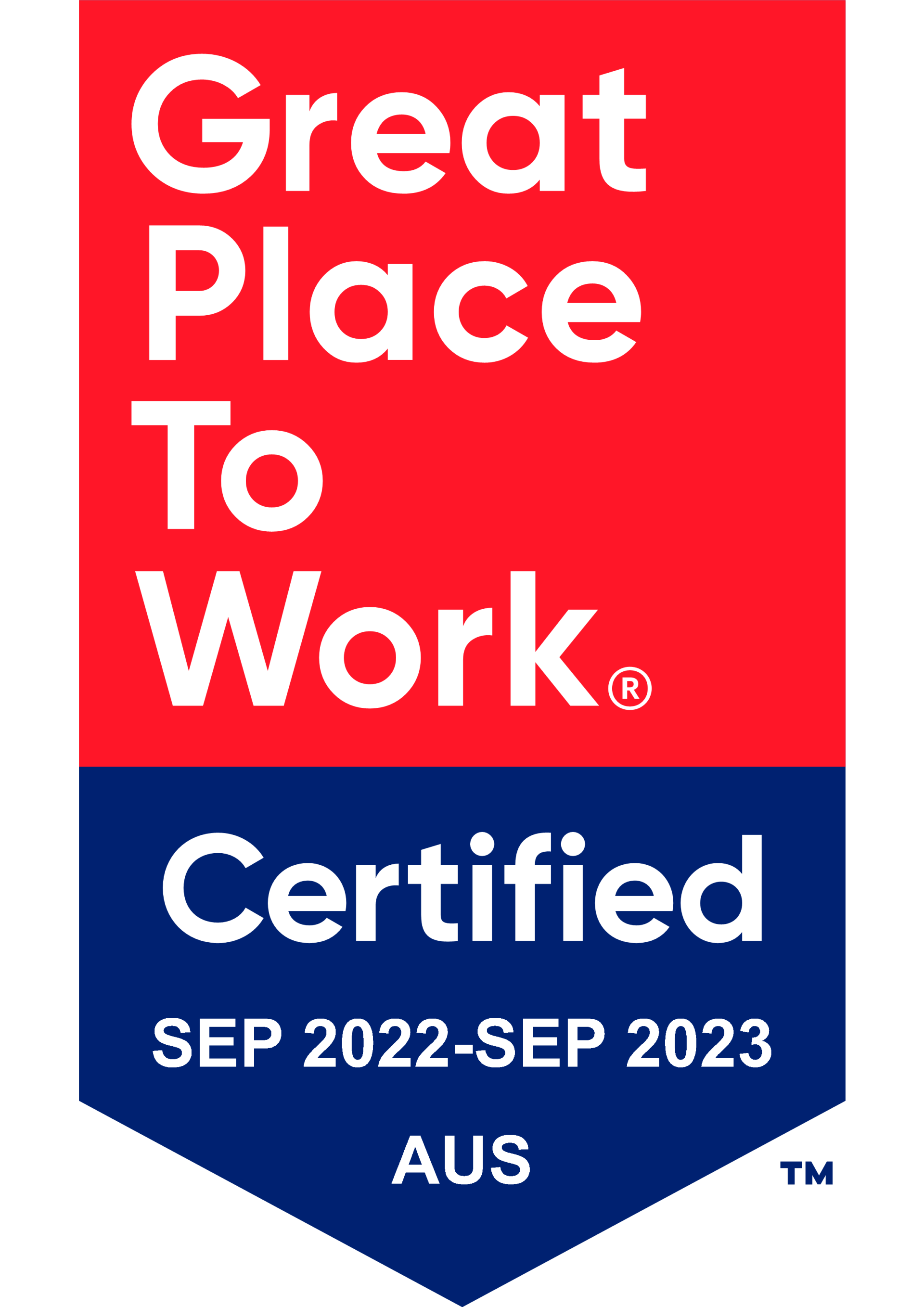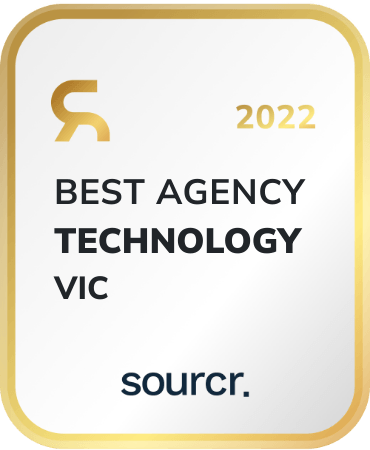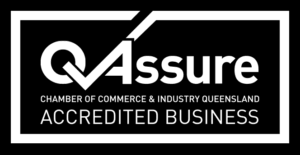Women In Leadership | An Interview with Valentina Dunoski
A creative person, a strong woman and a passionate leader, we caught up with Valentina on her journey into leadership as Head of Product.
Career
Always a creative at heart, Valentina dreamed of a career in the performing arts, but it took a slightly different turn and instead she completed a Business degree at the University of Technology, Sydney. Shortly after completing her degree, she landed her first role in marketing where she found herself stuffing envelopes, but she has most definitely come a long way since then. Valentina got a taste of Product whilst at Optus and her journey has only got more exciting since. Whilst at Optus, they formed a partnership with American Express, which led to her next role with them, where she developed the first pre-approved marketing campaign. Moving through the Financial Services industry, she has brought to life new products, created high performing teams and grown digital portfolios from a vision to something tangible. From working on an industry-first B2B App store whilst at Commonwealth Bank to delivering Apple Pay, Google Pay & Samsung Pay whilst at Cuscal, Valentina’s experience is nothing short of impressive.
Valentina’s journey has not been without its setbacks and challenges, but she has always taken this in her stride and has been able to take something away from every situation whether it has been positive or not.
Leadership
Unconscious bias has been visible in some organisations in Valentina’s career. Being a female leader, she has been exposed to being told she cares too much, but for her, the most rewarding aspect of being a people leader is to genuinely make a difference in someone’s career.
Valentina likes to nurture her team to help them grow and is a firm believer in focussing on someone’s strengths, as they then become stronger and excel further. She finds if you focus on their weaknesses, it undermines them and destabilises them in their roles.
Qualities as a Leader:
- Democratic – likes to take the team on the journey and work collaboratively.
- Personable – team will always know where they are at in their role but she always wants to know what’s important to them as an individual.
Mentors
Valentina has had a number of different mentors and leaders that she has admired, both male and female, and she has taken away different qualities and aspects from each. Female leaders have taught her to have passion and vision but to combine this with always having your facts right. Male mentors have had an ability to anchor themselves and have taught her to trust in her own ability.
Teams
Particularly in Product / Technology and financial services, Valentina finds it can be challenging building a gender diverse team. The challenges can be down to numbers of applications that she receives in the first instance and it will generally be more male heavy. When thinking back about her teams, she has found that often the women in them will have needed more encouragement to step up into new roles.
However, Valentina doesn’t agree with positive discrimination, ultimately the role should go to the best person for the job. She finds that this adds to the stigma around Women on Boards only being there to fill a quota rather than getting there on their merit and thinks it has a negative effect.
Advice
Valentina believes that, as women, we need to make sure we support each other and not tear each other down. Her advice to women starting out their career in Technology is to:
- Find your personal resilience.
- Set your vision and mindset to what you desire, there will be setbacks but you need to dust yourself off and keep going.
- Maintain who you are, your integrity and your authenticity.
An incredibly honest and creative woman, whose passion lies in seeing her teams succeed and she definitely has a lot of successes to celebrate. It was an absolute pleasure learning about her journey.



